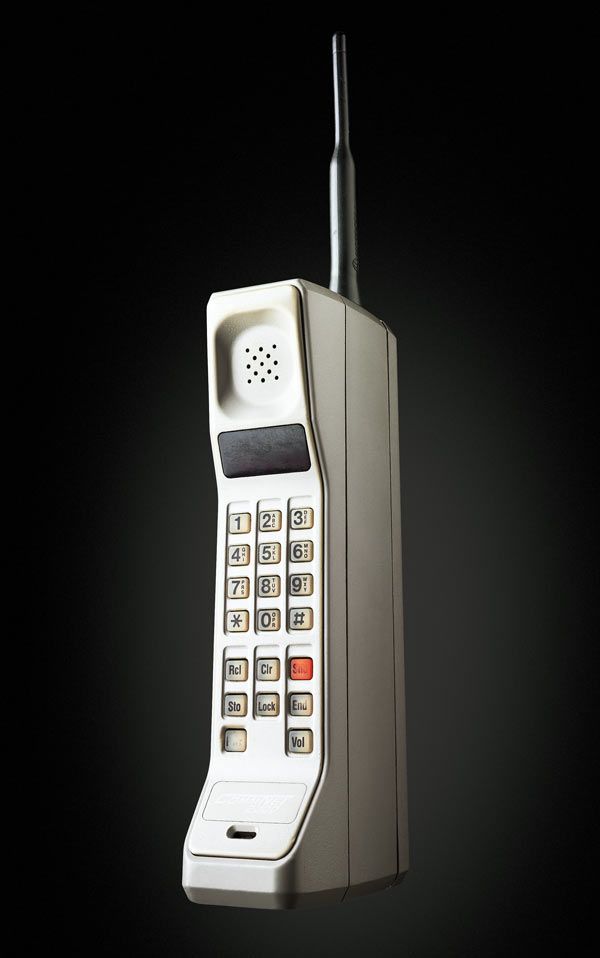A couple of months ago I shelved Apple/iOS (iPhone 6) for Android (Sony Xperia Z3 Compact). I'd been a rabid Apple/iOS fan since the first iPhone. I switched because the iPhone 6 industrial design sucks, and iOS 8 was buggy. A few days ago I moved back to my iPhone 6 because of a fatal flaw in Android; the inability to do full device backups and restores. It turns out this is a very important piece of mobile device software platform functionality.
The backup/restore issue is subtle, but critical. iOS backs up, and restores, your _entire_ phone. So, as long as your diligent about backups (and I am), you have complete peace of mind that you will never lose anything. You'll never lose a photo, a document, a text message, etc. Huge parts of our lives play out on our mobile devices today, so the risk of losing any/all of those parts is very real. Android (even rooted devices) simply doesn't support holistic backup/restore. You can piece together backup/restore of a few bits of state using a handful of different tools/solutions, but, uh... who wants to do that and manage that?!?
I had to rebuild the state of my Android device once during the foray. It was as painful as starting from scratch the first time. Compare that to replacing your iPhone when you click "restore" and within a few hours your new device contains _everything_ your old one did. When faced with rebuilding the Android device a second time (I broke the Sony beyond repair after doing something stupid with it I shouldn't have done; separate post ;) ), I opted to move back to my iPhone 6. I just couldn't bare the thought of rebuilding the Android device *again* and have the fear of possibly having to do it *again* in the future should I want to upgrade the device, or if I broke it again, looming over my head.
iPhone 6 vs. iPhone 5
Why didn't I go back to the iPhone 5 instead of the 6? I need NFC (Google Wallet/Apple Pay); the iPhone 5- models don't support it.
What Did I Learn?
- Full device backup/restore is the killer market dominating feature you've probably never thought about. Seamless device upgrades are something they've done on the desktop too. Such an important thing for Android to not do at all.
- iMessage vs. Google Hangouts is _the_ battle being fought. You want SMS when you don't have IP connectivity, but when you have IP connectivity without cell tower access, you need an IP based messaging service (iMessage or Google Hangouts). Google Hangouts is awesome, but nearly everyone I know uses iMessage, and effectively none of them use Hangouts. The communications platform/namespace you use means everything at the end of the day.
- Apple's iPhone 6 Bluetooth chipset sucks (or iOS's BT layer does). Sony's Bluetooth chipset is amazing (or Android's BT layer is). The Sony/Android Bluetooth pairing/reconnecting/disconnecting use cases worked every time, flawlessly. I constantly use Bluetooth connectivity with heart-rate monitors (for sports), multiple cars, Tile, drone controllers (e.g. Parrot), headsets, and others I'm forgetting about. The Sony always detected everything, and everything detected the Sony "instantly." I didn't know how bad Apple was until I tried the Sony/Android for a couple of months. I'm bummed I'm back in Apple's crappy BT world.
- External Storage on Android devices is broken, and broken severely. I always thought it was odd that Apple didn't allow for expandable storage (e.g. micro SD), but now it's very clear to me why they didn't. It's hard. Android supports it, and as a result, the device manufacturers are putting minimal storage in as the default, and leaving storage costs/upgrades up to the user. That sounds all well and good, except the framework for handling internal vs. external storage in Android is a disaster. The API is too immature and buggy to be reliable. Some apps are able to use external storage if available, while some are not. Most are buggy and don't use it consistently. It's a total mess. Furthermore, what happens if someone steals your SD card? Did you encrypt? How should apps behave if your SD card's size gets smaller? It's a minefield of design challenges that Apple, wisely, opted to ignore and not allow the concept to exist at all. It's a neat idea, but hard to solve, and Android is years away, at best, from solving it.
- Consolidate all of your contacts to Google Contacts. iOS will use it as the master if you configure it to, but Android can't use Apple contacts. In short, Google Contacts yields less lockin to a Contacts service.
- Siri vs. Android's Voice Thing. The fact that Siri doesn't work sans a network connection is a bummer, but native integration with things like messaging services, and reminder services and navigation services is a huge plus. I'd missed being able to push a button in my car (Bluetooth pairing w/ the device) and saying things like "Tell Joe I'll be there in 10 minutes" (send a text message to Joe) or "remind me to get peanuts at the store" (sets up a reminder). Siri just does this stuff. Android, just doesn't. At best you can get Android to call a number in your address book. Siri will go hunt a phone number out of the web for you and call it if she has to. Obviously Google can do a better job at this kind of deep/intuitive parsing than Apple can, but because they lack the _deep_ integration in Android (Android is after all a relatively disaggregated platform), the right connections just don't exist.
- iPhone 6's hardware design is as bad as I'd remembered. Bring back the iPhone 4S please. There is nothing redeeming about the iPhone 6. Too light. Weight balance is wrong. Too thin. Button placement is wrong. Camera protrusion is wrong.
- Waterproof mobile devices are awesome. The Sony is fully waterproof. Comes in more handy than you can imagine.
- Typing in Android is horrible. I don't know what it was, but after 2.5 months of typing, I still could barely do it. I can type like a bat out of hell on iOS. Combination of keyboard placement/sizing, as well as something not right in the electrostatic handling of the screen on the Sony. Typing was just brutal. I can fly again on the iPhone/iOS. Yes, I tried multiple keyboards on Android.
- iOS 8's monitoring/notifying of what apps are using my location information is great. Android's is a bit more tricky to follow/understand.
- Developers build for iOS first, and Android second. While nearly everything I use is available on both platforms, Android often felt like a second class citizen.
I want my iPhone 4S back, but this time with NFC. For the record, there is no good reason the original 4S lacked NFC support. Apple has no excuse to ignore the small handset market.

